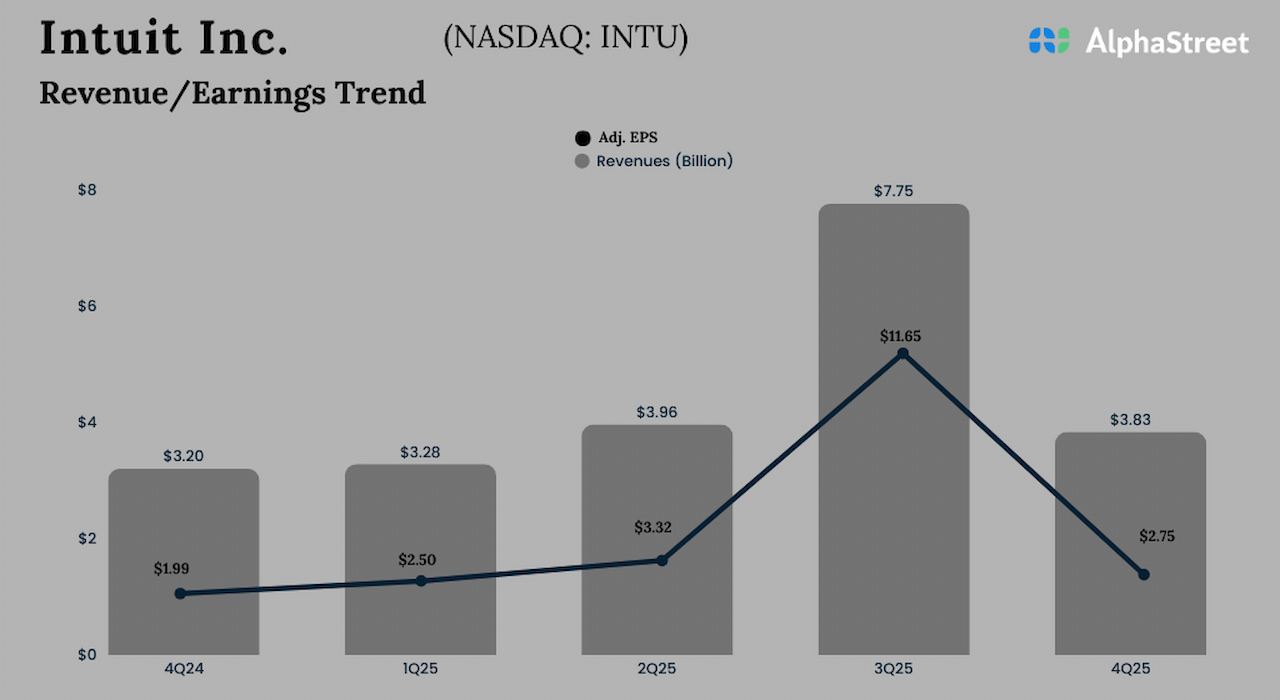Preparing the next generation of graduates in a 21st-century, diverse, and international classroom requires a pedagogical shift to recalibrate one’s practice. A faculty vision of inclusive pedagogy informed by equity and social justice transcends bias and makes diversity functional and beneficial to all students. Creating a classroom in the service of social justice (The Metropolitan Center for Urban Education, 2008) requires a profound understanding of the impact of human diversity on teaching and learning (Cushner et al., 2024). Enacting equity pedagogy as an essential component of multicultural education (Banks & Banks, 1995) requires instructors to become change agents. It is important to understand inclusive pedagogies as practices where we discern the nuance between general multicultural education or culturally responsive pedagogy and inclusive practices that specifically address the ability/disability continuum and the health dimension. In this article, we will examine ability/disability as a characteristic of human diversity in education as illustrated by Cushner et al. (2024) in their diversity framework. Approaches to creating an inclusive classroom are presented.
Start here…
Adopt an asset-based approach for all students. Recognize that disability is often defined by the environment in which an individual exists. Ensure you are not making ableist statements that reinforce stereotypes (ex: “turn a blind eye,” “fall on deaf ears;” using phobia to mean discrimination, ie “transphobia”). Avoid negative descriptions of disability (ex: “suffers from a condition,” “confined/bound to a wheelchair”). Use person-first language rather than deficit-first language (ex: “student with a learning disability,” not “learning disabled student”), unless an individual discloses that they prefer to use identity-first language (for example: some individuals on the autism spectrum may prefer to call themselves “autistic” rather than “a person with autism”; someone may identify as part of the Deaf community). Refer to people how they refer to themselves. Realize that impact matters, regardless of intention. Assume that students are capable and possess knowledge and skills. Support colleagues with disabilities. Tell a colleague that you are committing to the work of becoming a more inclusive educator. When they ask what this means, share these suggestions!
Beginning
Add literature/resources from neurodivergent, disabled, and diverse authors to assigned course readings and class activities. Replace and/or supplement outdated readings. Provide electronic files of reading, resources, presentations, and other materials. Provide multiple sources and access points for assignment requirements and expectations (written descriptions, presentations, instructional videos, examples, rubrics). Be open and welcome student questions. Understand that all behavior is a function or indicative of something else; ask if students need support rather than punish them. Update course syllabi to include statements from the campus disability/accommodations resource office, a statement on academic diversity, religious observant policies, and campus mental health resources. Create community guidelines for discussions that include intention and impact/anti-bias language. Immediately address ableist/biased remarks in the classroom through discussion. Update course syllabi to include a statement of classroom environment that encourages regard for others and respects free speech while not tolerating hate speech. When presenting a visual/image, also provide a description of the image (alt text). Provide Closed Captioning on posted videos (lectures, resources, etc.). Incorporate the impact of and perspectives of groups of diverse abilities in policies of the past and present. Encourage students (and ourselves as faculty) to analyze research and articles to ensure they represent the perspectives of marginalized groups; follow up with questioning why and providing additional resources to promote self-advocacy. Revise course syllabi to include Student Learning Objectives, Essential Questions, and Course Descriptions related to self-reflection/advocacy/inclusion/preparing students to be agents of change. Examine course syllabi to make sure policies (late work, absence, participation grades, etc.) do not indirectly or directly target students with disabilities OR demonstrate bias toward neurotypical students (for example: a “cameras on” video policy in an online course may disproportionately punish students who require accommodations or have diverse learning needs; deductions for late work may punish students who need flexibility due to medical or mental health needs; requiring students to disclose personal details in order to receive extensions or incompletes disrespects students’ privacy of health and disability needs) Be willing to adjust your expectations through flexibility. Re-examine assignments and assessments for bias and exclusionary practices. Consider changing assessments from high-stakes timed tests to projects, homework, open-note/open-book take-home tests. Ask a colleague to audit your syllabi for readings/topics/policies as listed here. Collaborate with colleagues in accessibility services to better understand and integrate the services and supports available. Discuss the need to broaden participation and opportunities for people with disabilities in your department/college. Examine courses to make sure provided resources are organized and labeled clearly.
Advanced, all the previous steps plus…
Advocate for (or lead!) professional development opportunities on inclusion. Participate in on- and off-campus events that promote disability acceptance and inclusive practices. Inform students of community opportunities they can take part in promoting disability acceptance or inclusive practices. Model examination/reflection on your own privilege (if neurotypical and able-bodied) or experience as a person with(out) a disability. Consider multimodal access to course participation (for example, HyFlex courses have in-person, video and asynchronous options for all students). Ask a colleague to informally observe your teaching and provide constructive feedback on your work of being an inclusive teacher. Invite guest speakers with disabilities to speak with your students about their experiences. Collaborate with an ADA coordinator to educate students and colleagues about accessibility on your campus. Collaborate with administrators and faculty who may be working toward DEI or inclusion initiatives on your campus. Seek input from resources such as the Association of University Centers on Disabilities (AUCD) and Think College for postsecondary education program guidance for individuals with disabilities.
We believe that the responsibility of anti-oppressive work in higher education belongs to all and that making education accessible for individuals with disabilities advances freedom for all groups of people. These universally designed teaching practices, while necessary to increase access for individuals with disabilities, are beneficial for all individuals, regardless of identity status. Thank you for your work towards broadening access to higher education!
Laura N. Sarchet is an autistic self-advocate and Assistant Professor of Special Education at Niagara University who uses her experience as a neurodivergent person to raise awareness about autism and disability through research and practice.
Haoua M. Hamza is an associate professor in the Middle and Adolescence Education Department in the College of Education.
Rachel Bailey Jones, Professor of Education at Nazareth University, focuses their research and teaching on working for educational justice for LGBTQ+ students through an intersectional lens.
Jennifer E. Hartman is an Instructor-ABD in the Special Education Department at Niagara University.
Dennis P. Garland, Ph. D. is Associate Professor and Chair of the Special Education Department at Niagara University.
Maria R. Nader is passionate about providing equitable education for all students and supporting educators to achieve this goal. She serves as a Faculty Fellow in the Special Education Department at Niagara University and has held teaching and administrative roles at the local, state, and university levels in New York, Ohio, and Hawai’i.
References
Banks, J. A., & Banks, C. A. M. (2004). Handbook of research on multicultural education. 2nd ed. Jossey-Bass.
Coughlin, M. (2021). 10 things faculty need to understand about autism. Inside Higher Ed. https://www.insidehighered.com/advice/2021/10/20/lessons-teaching-students-autism-spectrum-opinion
Cushner, K., McClelland, A., Safford P., & Cushner, H. (2024). Human diversity in education. McGraw Hill.
The Metropolitan Center for Urban Education. (2008). Culturally Responsive-Sustaining Education Framework. New York State Education Department.
Sarchet, L. N. (2021). Faculty and staff: Training and outreach. University of Rochester Office of Disability Resources, adapted with permissions. https://www.rochester.edu/college/disability/assets/pdf/more-accessible-classroom.pdf
Waitoller, F. R., & King Thorius, K. A. (2016). Cross-pollinating culturally sustaining pedagogy and universal design for learning: Toward an inclusive pedagogy that accounts for dis/ability. Harvard Educational Review, 86(3), 366–389. https://doi.org/10.17763/1943-5045-86.3.366




























